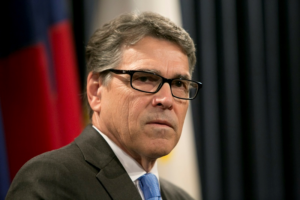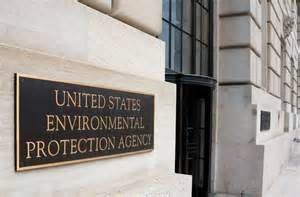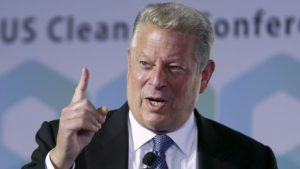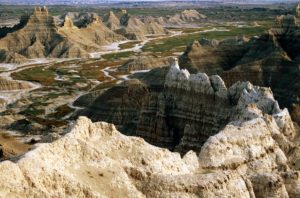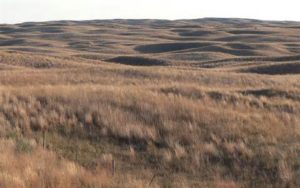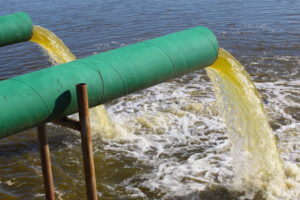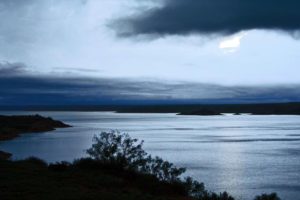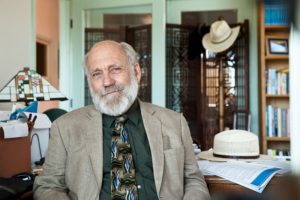
The headline was an attention-getter for me.
“‘Smitty,’ a Texas Lobbyist for the Small Fry, Retiring After 31 Years.” That’s how it appeared in the Texas Tribune.
Why did it grab my attention? Well, for starters, I’ve long admired Tom “Smitty” Smith’s courage in lobbying for causes that aren’t particularly popular in Texas.
He’s lobbied on behalf of environmental groups. consumers, the “little guy,” if you want to call it that.
Smith led Public Citizen of Texas for 31 years, which is nearly about as long as I’ve lived and worked in Texas. I arrived here in1984 and became acquainted almost immediately with Smith once I started standing my post on the editorial page of the Beaumont Enterprise, way down yonder in the Golden Triangle.
We hit it off right away.
To be candid, I have lost contact with Smith over the years. I don’t recall meeting with him with nearly the frequency in Amarillo that I did in Beaumont. Plus, I’ve been away from daily journalism for four years, severing that professional connection.
https://www.texastribune.org/2016/09/21/analysis-smitty-texas-lobbyist-small-fry-hangs-it-/
Ross Ramsey’s piece in the Tribune, though, encapsulates Smith to a “t.” He is an everyman. As Ramsey notes: “He’s from that part of the Austin lobby that doesn’t wear fancy suits, doesn’t drive the latest luxury cars and doesn’t spend its time fawning over and feeding elected officials. Smitty has a beard, an omnipresent straw hat and, often, a colorful sheaf of flyers making his points on whatever cause he’s pushing at the time.”
I particularly liked Smith’s commitment to environmental issues, which in Texas can be seen as a tough sell. Texas isn’t known as a haven for tree-huggers. We remain pretty much a throw-away society. We still love our big cars and trucks. Oil refineries and petrochemical plants still pour toxins into the air.
Smith, though, has been a champion for alternative forms of energy. He likes wind and solar power. Although the sun isn’t yet a major energy producer in Texas, wind certainly has assumed its place. Texas is now the leading state in the production of wind energy. “Smitty” Smith had a big hand in that development.
Smith seemed a bit out of place in a state that, according to Ramsey, is anathema to the values that Smith promotes: Ramsey writes: “Smitty has been a leading voice for government intervention and regulation of big industries and interests in the capital of a state with conservative, business-friendly politicians from both parties who pride themselves on light regulation, low taxes and a Wild West approach to money in politics.”
I regret not keeping up with “Smitty” Smith better in recent years. I wish him well in his retirement. He has fought a good fight on behalf of everyday Texans.
Well done, Smitty.

